
Fieldwork
Experiential learning through fieldwork is an integral part of our Geography, Environmental Science, Wildlife Conservation and Biology courses. Learn how to put theory into practice through field days on campus and across the South West, as well as on residential fieldtrips.
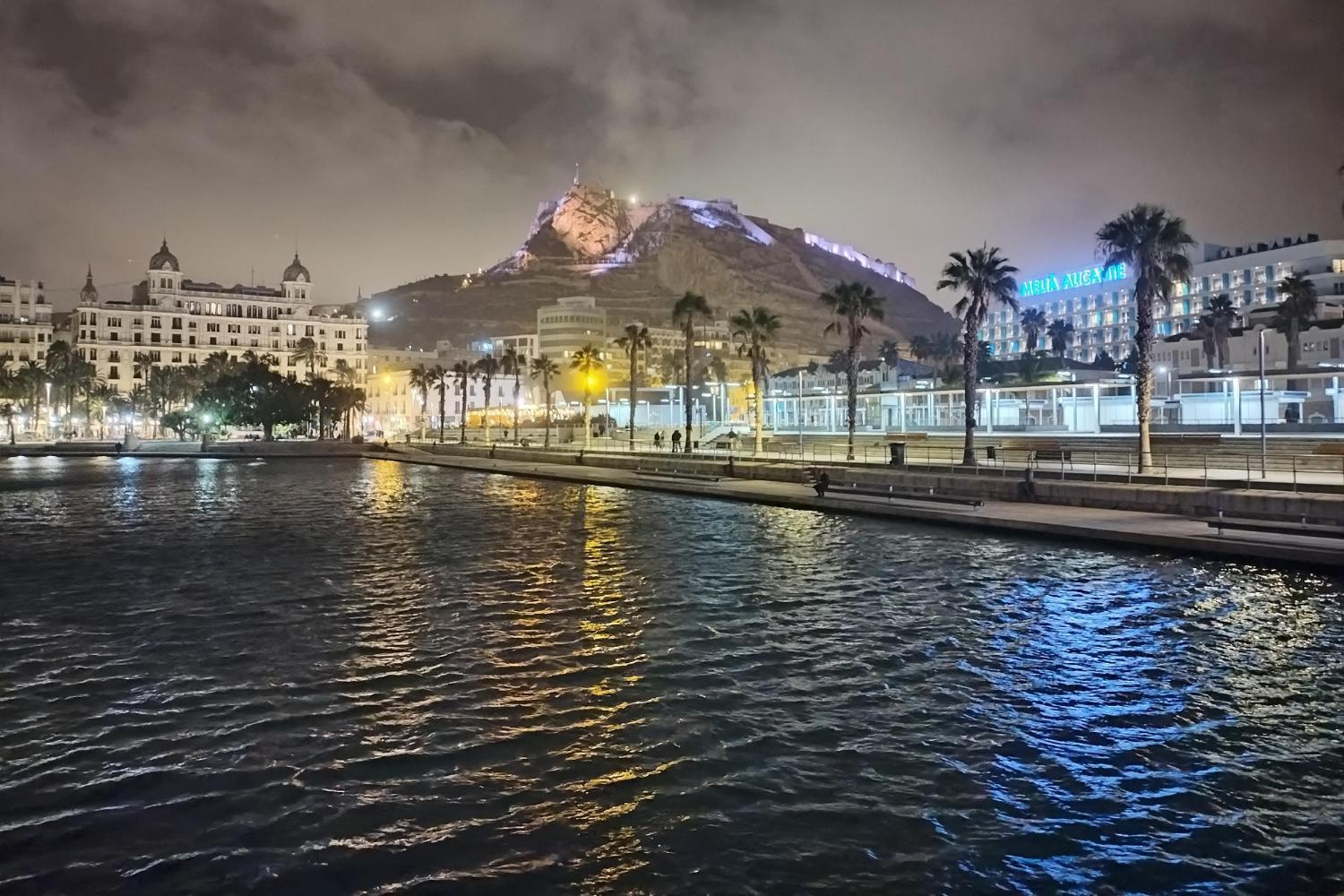
Fieldtrip modules
Our residential field course modules are often among the most inspirational and rewarding parts of the degree experience for our students.
These fieldtrips allow students to develop a range of career relevant skills including data collection and analysis, teamwork, project design, effective communication, health and safety awareness, and working in diverse and unfamiliar contexts.
Field courses are taught by our Geography and Biology academic staff teams who are experts in their fields and experienced in leading fieldtrips in a wide variety of environments. We also collaborate with local experts, who can provide a novel perspective and site-specific expertise to our student’s experience and learning.
The field course modules available to you will depend on your chosen degree programme. All fieldtrip destinations and itineraries are regularly reviewed and may change in the future.
Our residential fieldtrips
Southern Spain
This is a third-year optional module available to students on the following courses:
Southern Spain is a region at the forefront of the contemporary climate crisis. It experiences a range of climate related hazards including drought, desertification, heatwaves, floods, and soil erosion.
These risks combine with the impacts of mass tourism, migration and other socio-economic changes to create a complex set of interconnected social and environmental challenges for local communities.
As Spain is the world’s leading producer of olive oil, Europe’s largest supplier of fruit and vegetables, and one of the world’s largest exporters of wine, the impacts of climate change on agriculture in Southern Spain also extend to communities across Europe and beyond.
This field course provides students with an opportunity to engage directly with contemporary global challenges and to understand their impacts on local communities.
Our Field Course in Climate Change, Water Resources and Sustainable Communities visits the regions of Valencia and Murcia in South-Eastern Spain to undertake fieldwork at sites in and around the cities of Elche, Alicante and Murcia.
Fieldtrip themes may include:
- Drought, desertification and soil erosion
- Community resistance to mass tourism
- Sustainable cities and urban planning
- Historical water management and Islamic histories of Spain
- Sustainable and regenerative agriculture
- Urban green space and public health.
Namibia
The Wildlife Conservation Field Course is a third-year optional module. In 2024 the module took students to the very different ecology and social environment of Namibia.
Situated in South-West Africa, Namibia is an arid country that is sparsely populated by humans, but home to fascinating and charismatic wildlife.
Namibia also champions community-based natural resource management and offers opportunities for eye-opening and horizon-broadening experiences of conservation issues to our students.
On this trip, students spent a fortnight visiting various conservation and research organisations and gaining firsthand experience of Namibia’s wildlife, ecology and society. We set up camp at the Cheetah Conservation Fund (CCF) – a charity dedicated to working with local communities and passionate scientists to develop and implement holistic conservation strategies for cheetah and their habitats.
The group then moved on to visit the Etosha National Park, one of the world’s most impressive wildlife sanctuaries and Namibia’s Number One tourist attraction.
We finished the trip at the Gobabeb Namib Research Institute in the Namib-Naukluft National Park, situated on the boundary between the gravel desert and the dunes of the sand-sea. Here, we learn about desert-adapted animals and spend time on the amazing red dunes.
Fieldtrip themes may include:
- Community-based natural resource management and conservation
- Human-wildlife conflict and coexistence
- Impacts of wildlife tourism on people, animals and environments
- Evidence-based conservation management strategies, including
- Wildlife education and community outreach
- Human-wildlife conflict prevention
- Captive rehabilitation, rearing and translocation
- Wildlife population monitoring and management
- Savanna and desert ecology and adaptations
- Climate change impacts on all of the above.
Northern Italy
This is a second-year optional module available to students on the following courses:
The Po Valley in Northern Italy is one of the wealthiest and most developed regions in Europe, yet it is faced with significant challenges including pollution, multi-hazard disasters, mass tourism, and climate change.
The fieldtrip for our Geographical Fieldwork: Hazards, disasters and sustainable development module is based in Bologna, a vibrant city with a rich cultural life and home to the University of Bologna, the oldest university in continuous operation in the world. While in Bologna students develop their field research skills by undertaking projects on topics such as air quality and pollution, food tourism and gentrification, and urban heat islands.
We also visit other locations across Northern Italy to learn about issues ranging from post-earthquake reconstruction to long term environmental change and sustainable development in delta lagoon environments. Fieldwork locations vary from year to year but on past trips we have visited Venice, Comacchio, Crevalcore, Milan, Finale-Emilia, Forlì, Florence and Pisa.
This field course provides students with an opportunity to engage directly with a wide range of contemporary Geographical issues and to develop field research skills, while at the same time experiencing the rich culture and history of Northern Italy.
Fieldtrip themes may include:
- Earthquakes and post disaster reconstruction
- Air quality monitoring and pollution
- Food tourism and gentrification
- Urban heat islands and heatwave hazards
- Long term human environment interactions in delta environments
- Sustainable development pathways
- Urban geographies.
Dale Fort
This is a third-year optional module available to students on the following courses:
Dale Fort is a historic coastal fortification located near the village of Dale in Pembrokeshire, Wales. It is now used as an education centre offering residential fieldwork opportunities for schools, colleges, and universities. It has an ideal location within the Pembrokeshire Coast National Park, which provides students with access to coastal habitats such as rocky shores and salt marshes.
Our residential trip to the field centre each spring is part of our Marine Biology and Conservation module. It provides students with the opportunity to explore the concept of rocky shore biotopes, which are distinct ecological zones shaped by tidal movement and wave exposure.
Students venture out during low tide to survey marine life in both sheltered and exposed shores, where they can observe how species such as barnacles, limpets, seaweeds, and anemones dominate specific tidal zones.
These hands-on practical sessions help bring theory learned in the classroom to life and reinforces marine biology and conservation concepts. In addition, the students can also take part in bird watching sessions along the coast, where they can search for seabirds and other wildlife, and they may also be lucky enough to spot marine mammals. Additionally, they can take part in a photograph competition, where they compete for prizes for the best wildlife photos.
Back at the field centre, students can relax in the comfortable accommodation and make use of the labs and classrooms to analyse their data. The experience helps them develop scientific skills, teamwork, critical thinking, and a stronger connection to the natural world.
Ultimately, we have found that students bond with their peers on the trip and leave Dale Fort with lasting memories.
Fieldtrip themes may include:
- Marine biology
- Rocky shore ecology
- Marine and coastal conservation
- Coastal processes
- Wildlife watching
- Practical science skills
- Ecological survey techniques
- Climate change impacts.
“It’s difficult to articulate how amazing this trip was!”
"Seeing a spotted eagle owl as the sun rose, seeing cheetah and elephant in the wild, and watching the sun set over a sand dune are experiences I will never forget. It was a privilege to learn from so many experts about the wildlife and conservation challenges and projects. I have learnt so much."
Evie De Gruyther, BSc (Hons) Wildlife Conservation, Namibia 2024
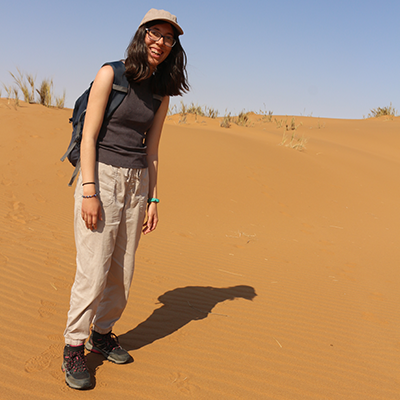
“The fieldtrip to Northern Italy was the most memorable and rewarding experience of my degree!”
"Being able to speak with local residents whilst conducting research in locations such as Finale Emilia, and hearing first-hand experiences of disaster recovery and resilience was truly an amazing and unforgettable experience."
Ellie John, BSc (Hons) Geography, Italy 2024
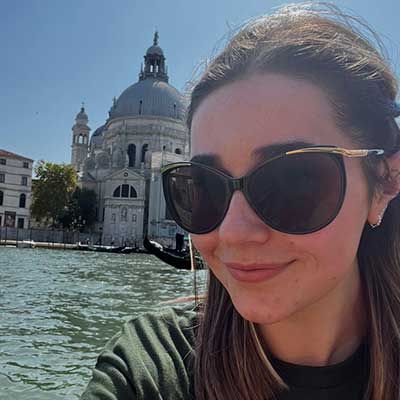

Costs and availability
Our residential field courses are part subsidised by the University but include a student contribution which can vary from year to year depending on the total costs of delivering each field course.
More information on the student contribution and projected cost ranges for each fieldtrip module can be found in the Definitive Programme Documents available on the course webpages.
- BSc (Hons) Geography
- BSc (Hons) Environmental Science
- BSc (Hons) Wildlife Conservation
- BSc (Hons) Biology
We are committed to keeping the student costs as low as possible, while also providing students with a high-quality learning experience.
The fieldtrips listed above reflect our current modules and destinations, but our field course provision is regularly reviewed. Modules, destinations, itineraries and field course content may be subject to change in the future. Our fieldtrip offer may change due to costs, logistics, field site access, health and safety, sustainability, staff expertise or academic content reasons.
The most up to date information about our field course provision can be found in the Definitive Programme Documents on the course webpages.

Student support
We strive to ensure that our fieldtrips are a supportive learning environment for all of our students. Prior to each trip we provide comprehensive briefing information on travel arrangements, accommodation, food, logistics, and health and safety, as well as training in any equipment that students may need to use during the trips.
All our international trips include comprehensive travel insurance.
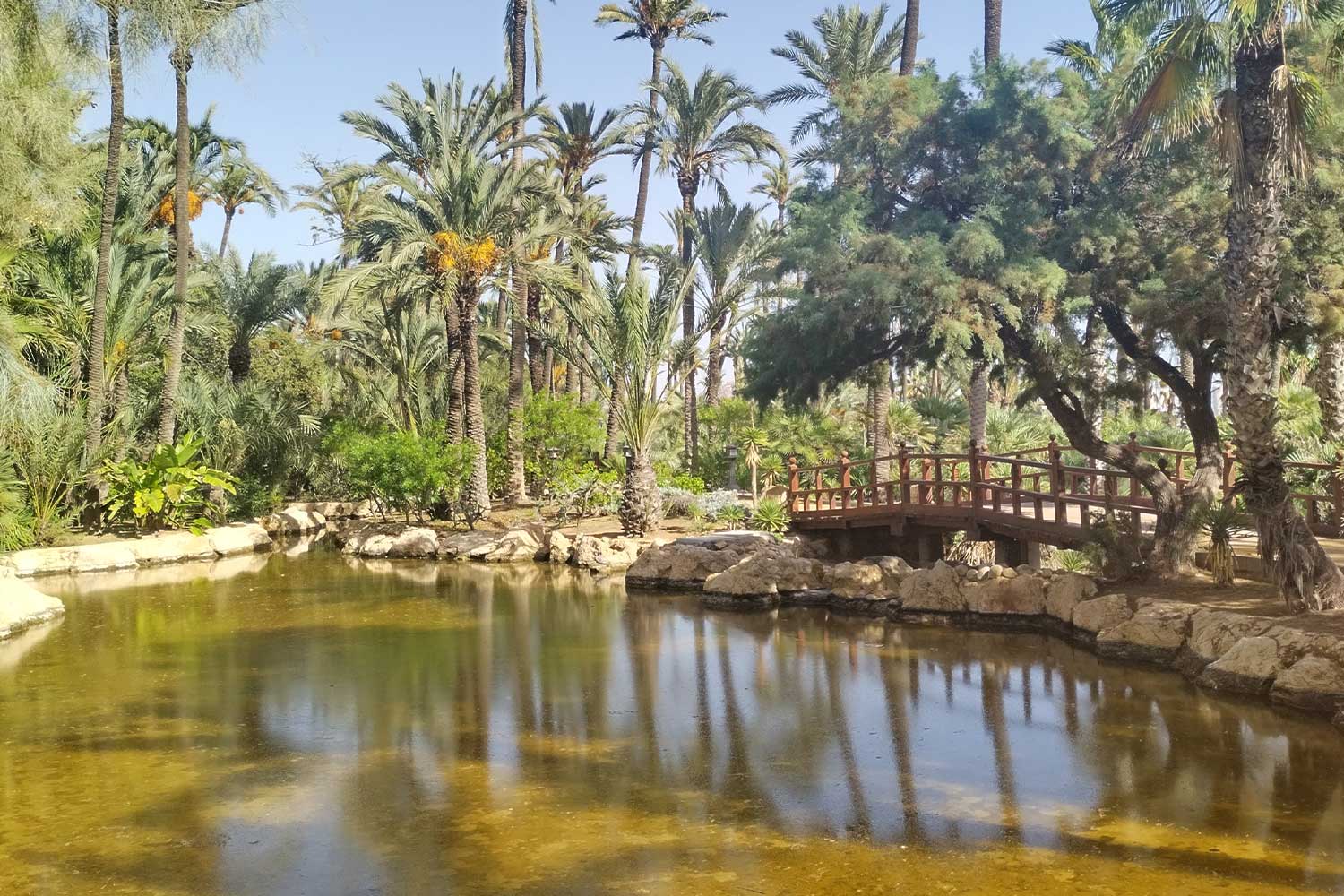



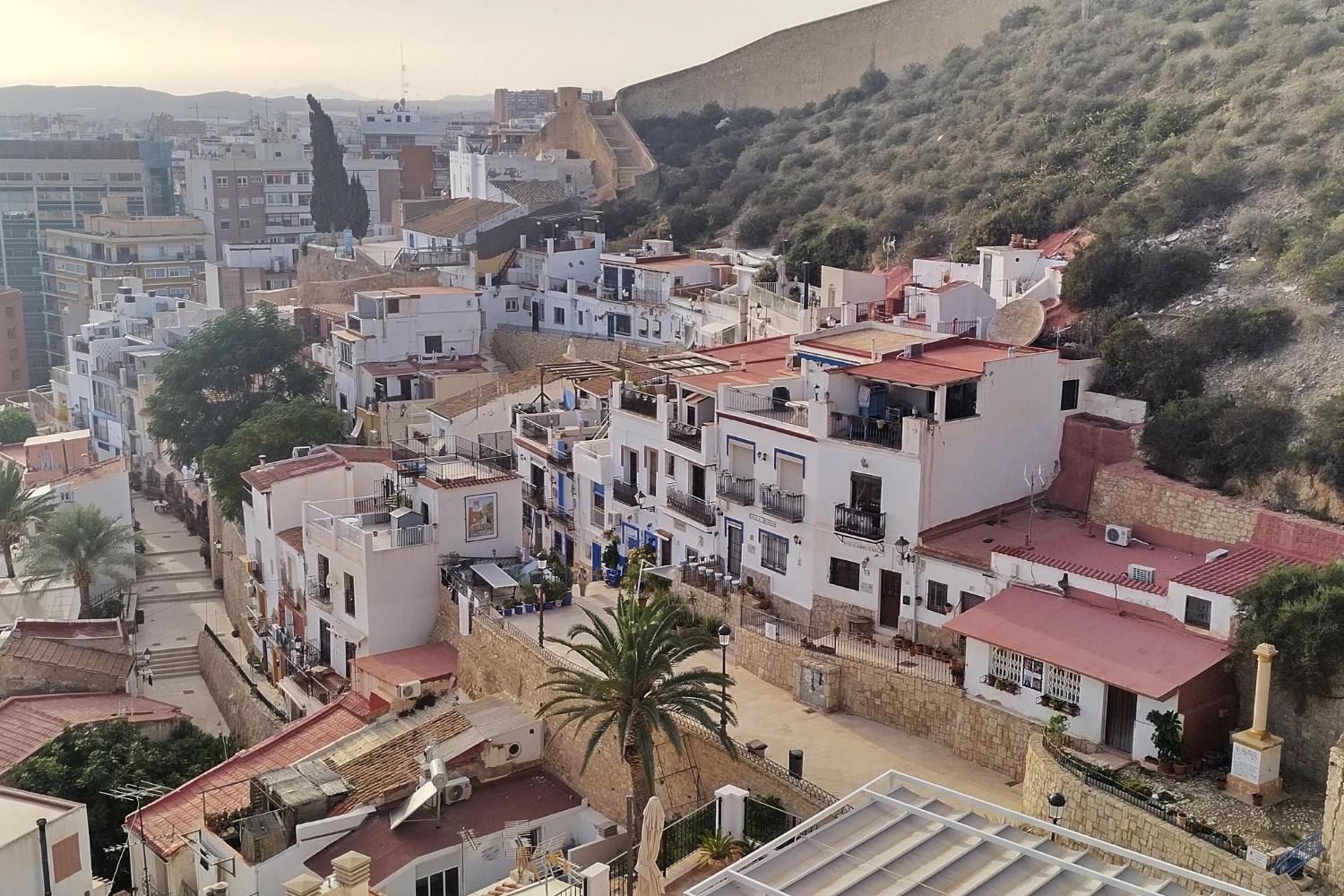

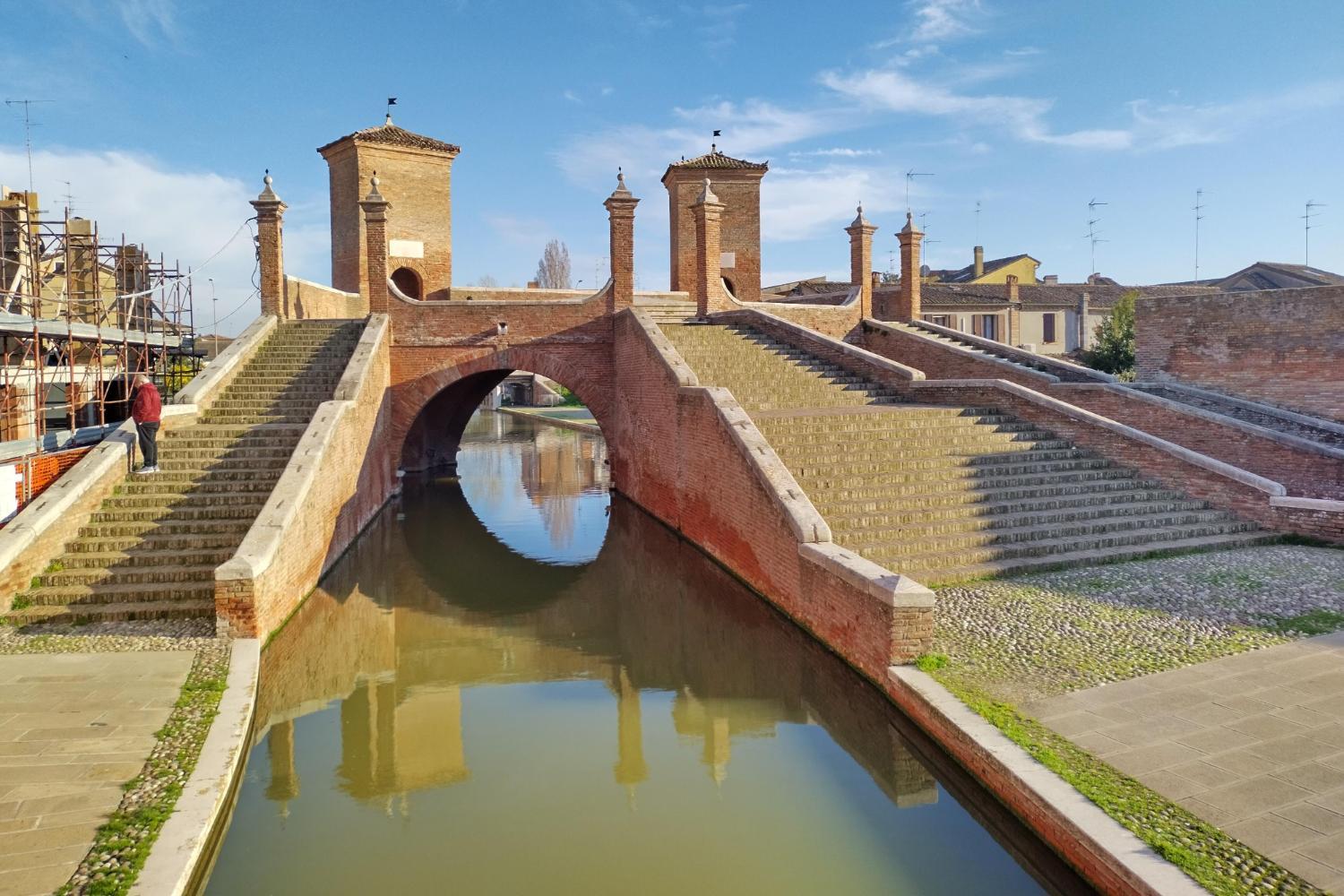
-1500x1000.JPG)